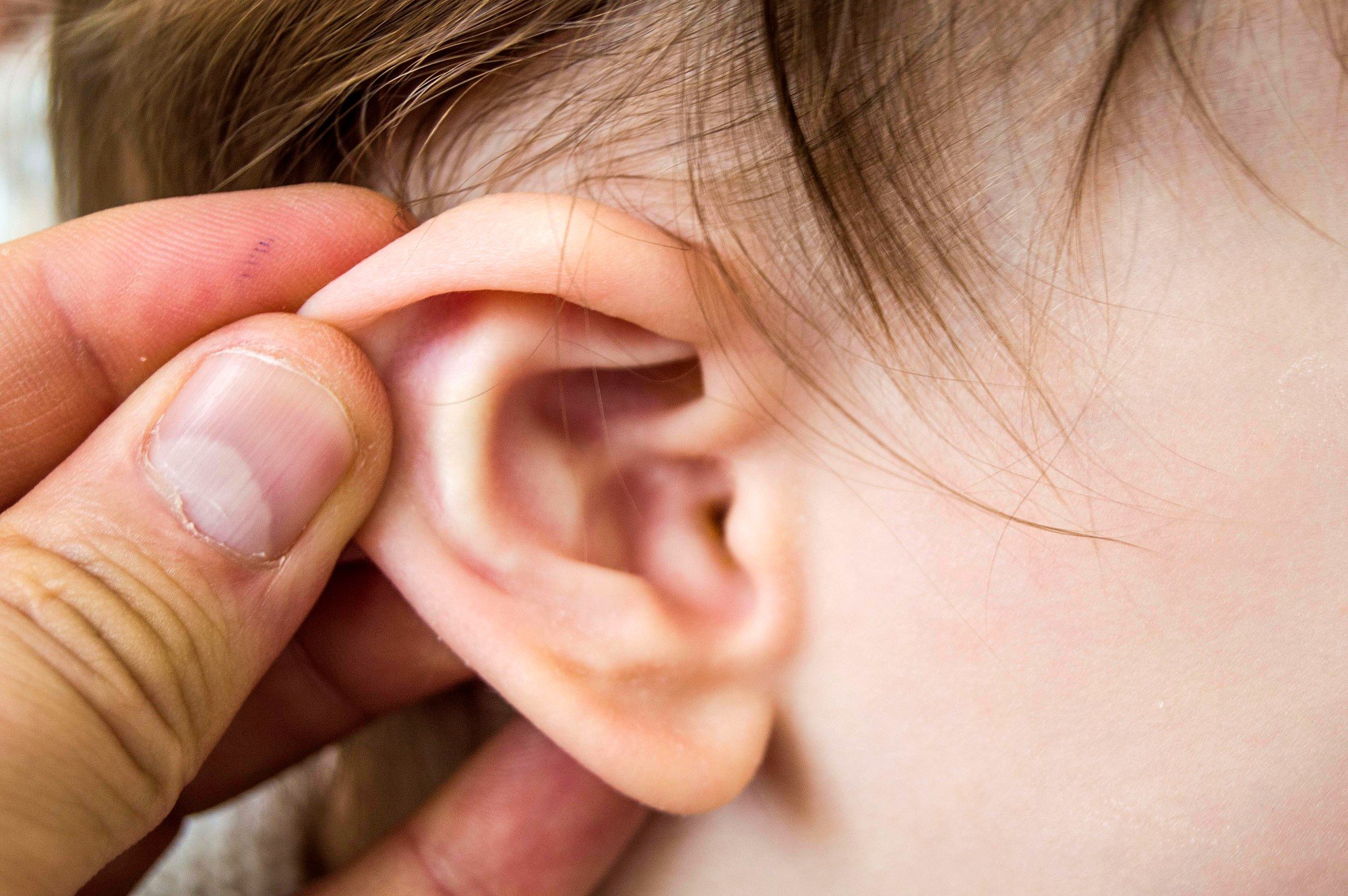Ear infection-Identifying and treating an infection
Ear infection-Identifying and treating an infection

Due to the immune system’s failure to properly combat all viruses and germs, as well as the ear’s tiny size, which makes it difficult to completely drain all the fluids inside, ear infections can affect people of any age, but they tend to affect children and young adults more frequently.
Although a sore throat, runny nose, and fever are frequently present together with an ear infection, a doctor should always be visited when an ear infection occurs.
What does the doctor check for first?
The doctor will begin by using an ear examination device to examine the eardrum, and will even examine the middle ear to determine if there is any blockage or fluid accumulation in the middle ear. The doctor will also start to examine any symptoms of an infection in the ear, and the extent to which it affects hearing. It may be necessary for the doctor to have a specialist in Audiology present to measure hearing, its strength and its susceptibility to infection, or whether there is hearing loss.
Typically, ear infections are caused by viruses, therefore medicines are ineffective. However, if a doctor suspects a bacterial infection, he would undoubtedly give the right antibiotic to get rid of the germs.
Drugs that relieve discomfort due to ear infection
If the ear infection is viral, you won’t have to wait and put up with the earache you experience without treatment, but the doctor may recommend a painkiller that contains ibuprofen or paracetamol to lessen the pain and fever brought on by a viral ear infection.
Aspirin should be avoided in the case of kids since it can result in the risky symptom known as REYE syndrome, which causes the child’s brain and liver to grow. A heated pillow placed over the child’s ear is another natural remedy for pain relief because heat and warmth ease ear pain.
Antibiotics: If your doctor determines that you have a bacterial infection, he or she will prescribe the right antibiotic for you. However, it is important that you follow all of the doctor’s recommendations carefully. You should also continue taking the antibiotic even after you feel better rather than stopping it. If you forget to take a dose or feel fatigued after taking the medication your doctor prescribed for you, it is advisable to speak with the doctor or pharmacist. It is necessary to take the antibiotic in its entirety.
Drainage of fluid that has accumulated inside the ear: Infection in the ear can result in fluid accumulation and the ear’s inability to drain these fluids, particularly in youngsters. To drain these fluids—which could be water, blood, or pus—through a tube inserted inside the ear, the doctor performs a straightforward surgical operation that involves creating a small incision.
Within six to eighteen months, this tube dissolves on its own. One of the advantages of implanting this tube is that ear pain will be lessened.
Home remedies:
- A heated pillow may help to ease ear ache.
- Avoid feeding or breastfeeding the infant when he or she is sleeping to prevent ear infections.
- Gargling with salt water relieves sore throat and treats ear infections.
- Maintaining the head in an upright position aids in middle ear fluid drainage.
- Appreciating the clean, pure air and avoiding cigarette smoke

